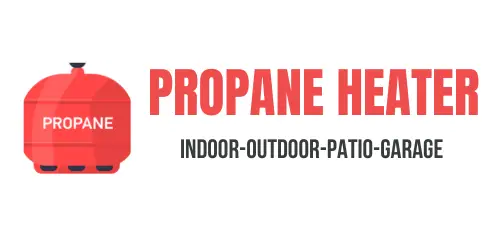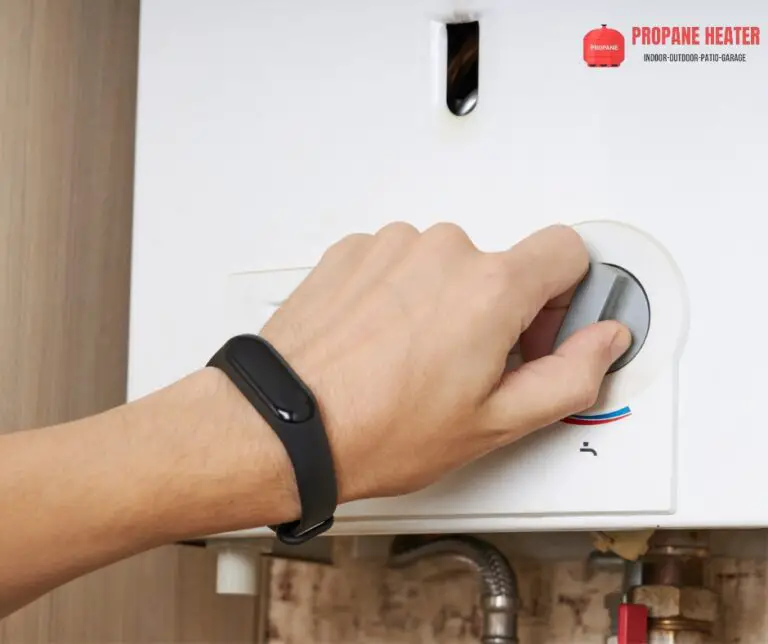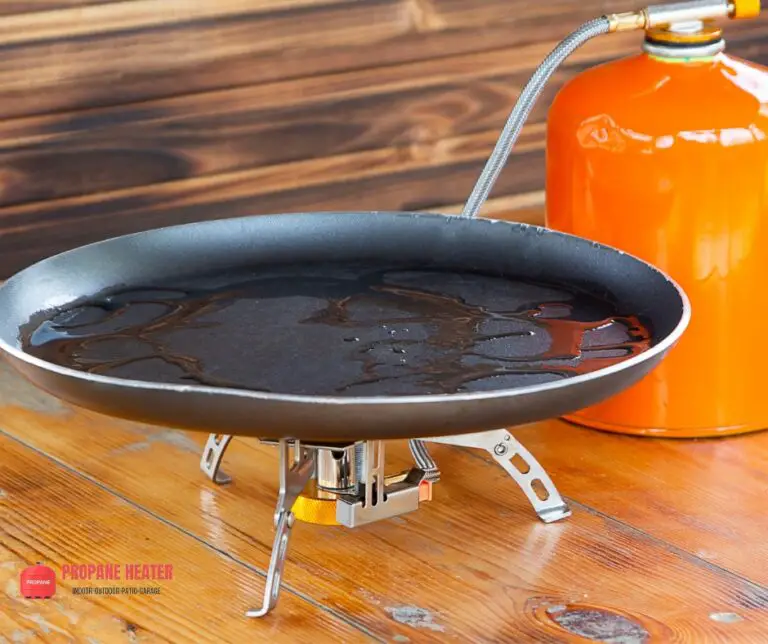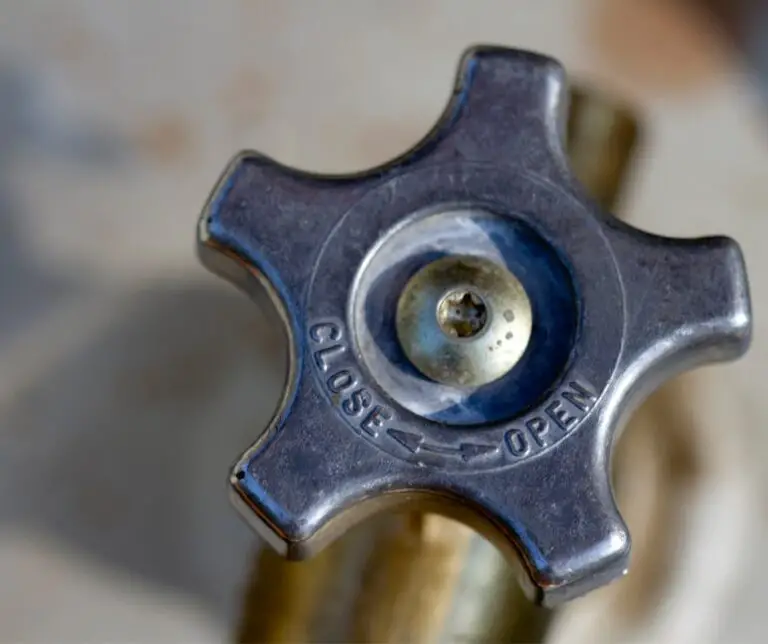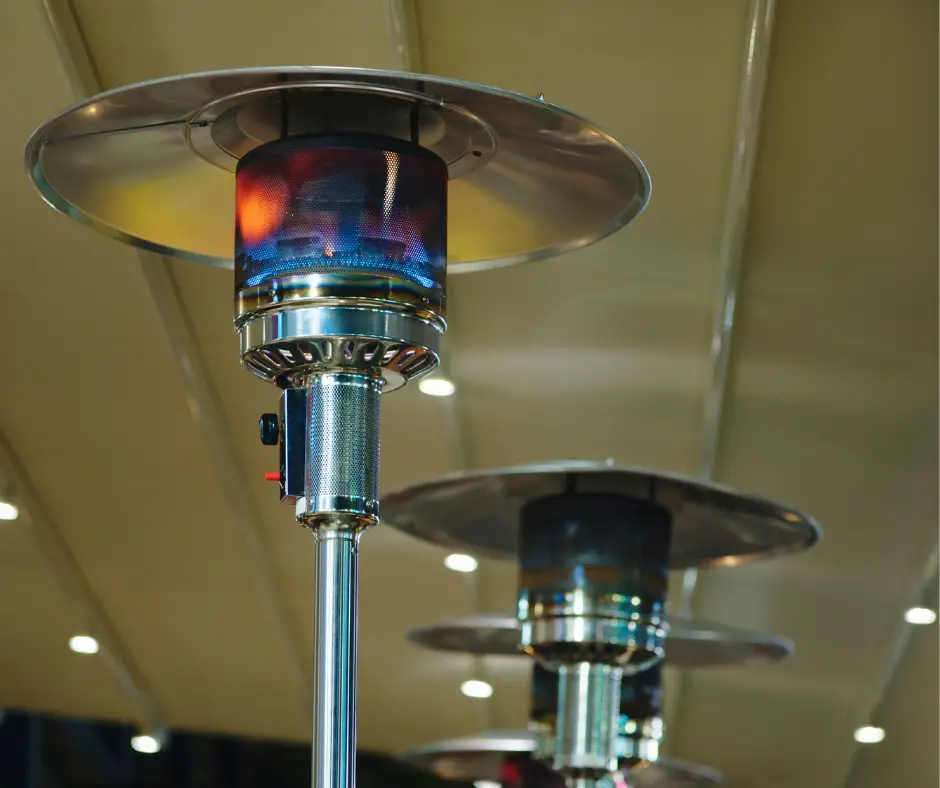
Propane heaters are a great way to stay warm during the winter months and are pretty easy to use. But can you use a propane heater indoors? Yes, you have to make sure that you follow all of the safety precautions. Here’s everything you need to know about safely using your propane heater indoors.
Can you use propane heaters indoors?
First, propane heaters are safe to use indoors. There are two types of propane heaters, outdoor and indoor heaters. You must check the type of propane heater you buy. This is because the two types handle the way they produce smoke differently.
And if you purchase an outdoor heater, you’d have to place it somewhere with a lot of ventilation. If you use an outdoor propane heater in a place without good ventilation, you stand a chance of this leading to carbon monoxide poisoning. An indoor propane heater gives you a safe and warm experience.
Differences between Indoor & Outdoor Propane Heaters
There are quite a number of differences between indoor and outdoor propane heaters. Indoor heaters are smaller, lighter, and more compact than their outdoor counterparts, which makes them easier to transport from room to room. They also have a lower BTU output than their outdoor counterparts, 1,000 for indoor and 2,000 for outdoor, which means that you won’t be able to keep your whole house warm with one of these little guys alone.
The other significant difference is how they handle smoke; burning produces a lot of byproducts, and propane is not an exception. Avoid breathing in fumes, and be very careful of carbon monoxide.
Propane Heater Safety Tips
Here are some precautionary tips to ensure you can safely use your propane heater indoors:
Install a carbon monoxide detector
Carbon monoxide is a colorless, odorless gas that can build up in your home if you use a propane heater. Carbon monoxide detectors are inexpensive and easy to install; the device will alert you when CO levels rise. Carbon monoxide poisoning can be fatal. If you suspect carbon monoxide poisoning, turn off your propane heater and other appliances while also vacating the premises to seek medical help.
Never leave a propane heater unattended
Propane heaters can be dangerous, especially if you have children or pets. Never leave a propane heater unattended. Always turn it off when you leave the room, even if it’s just for a few minutes.
You should also ensure that there is enough oxygen in the area by providing maximum ventilation. Also, always ensure that your propane heater has been properly installed and maintained by an experienced technician; this will help prevent fires and other accidents.
Be on alert for possible leaks
If you notice a strange odor coming from your propane heater, turn off the heater immediately and leave the room. If you smell propane, it may mean that there is a leak. Propane has no smell until it reaches its auto-ignition temperature of 842 ˚F (450C). Once propane reaches this temperature, it will ignite without warning.
This can happen even when there is only a small amount of propane in the room. Leave the area immediately and go outside to get fresh air; keep yourself and other people away from the building until emergency responders arrive.
Do not attempt to light matches or use lighters near where you think there might be an odor of gas, even if there are no flames present. The ignition source could cause an explosion.
Leave windows open
If you’re using a propane heater indoors, leaving windows open is important. This is because propane heaters produce carbon monoxide. This odorless gas can cause headaches and nausea if inhaled in high concentrations.
You should also leave the window open if you have concerns about overheating. A good indication that your room may be getting too hot is when you notice condensation forming on the walls or windows of your house.
Leaving a window open will help with ventilation so that fresh air can circulate through the room and prevent carbon monoxide buildup.
Only run your heater when you need it
Using your heater only when you need it is one of the safest ways of maintaining it. This way, you are able to reduce wear and tear drastically, and you have less to worry about.
Also, consider turning your heater off for a few hours when warming your space. This allows the heater to regulate itself and prevent it from overworking while also helping you to reduce the amount of CO already present. Give the heater a rest and save propane, that way, you get to use your heater for a long time.
Check your heater regularly
When using a propane heater indoors, you must check your appliance regularly. Checking the connections regularly can help you quickly detect leaks, faults, or other damages forming. Check the hose connections, too, as these can become damaged when they’re exposed to cold temperatures. The regulator and tank should also be checked regularly to show no damage or corrosion.
While checking these things, ensure all valves are closed tightly and locked if necessary. Also, ensure there are no kinks in your hose or fuel line connections, as this can also cause leaks.
Always handle propane with care
When it comes to using propane, you can never be too careful. Never leave your propane heater unattended. It’s always better to be safe than sorry, so you should only trust a propane heater when you’re not in the room or able to observe it.
Never store propane tanks inside the house. If your propane canister or tank has a slight leak, it could lead to severe fire accidents. Keep propane tanks outside instead. You should only fill your canister to 80% capacity; propane contracts and expands depending on temperature.
Not filling your tank or canister to the maximum capacity leaves room for expansion if the temperature changes. Always store your propane tanks upright; if the tank is sideways, it puts the valve at risk and can lead to leaks and fires.
Conclusion
It’s essential to take your time when shopping for a propane heater and ensure it is safe. It’s also crucial to follow all of the safety tips above so you don’t run into any problems. If you have any questions about using a propane heater indoors, leave them below. Thanks for reading.

I am Richard A. Jackson man behind propane heating solution, An HVAC expert working as a team lead of the heating department, Provide services all over the USA (around all major cities), and from planning to implementation, you will get all your solution here. We provide various tanks (propane and other natural gases) and deal with disposable waste.
